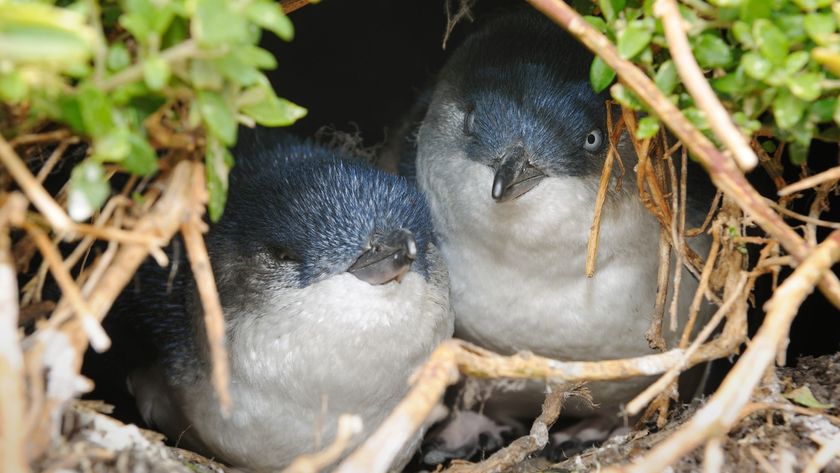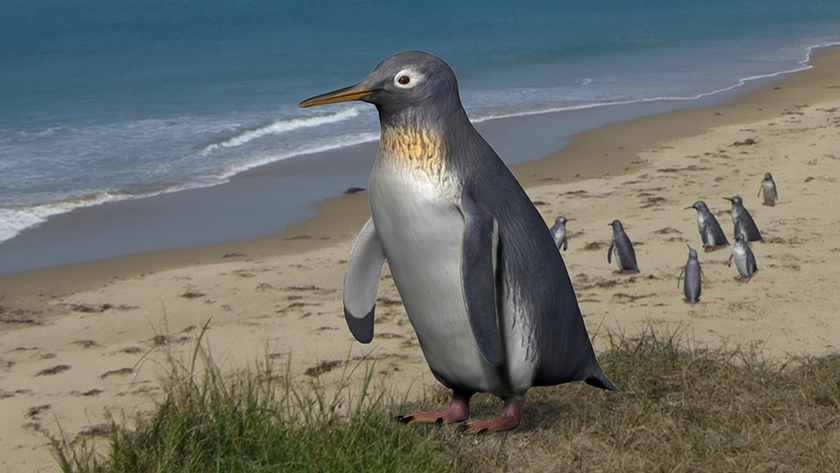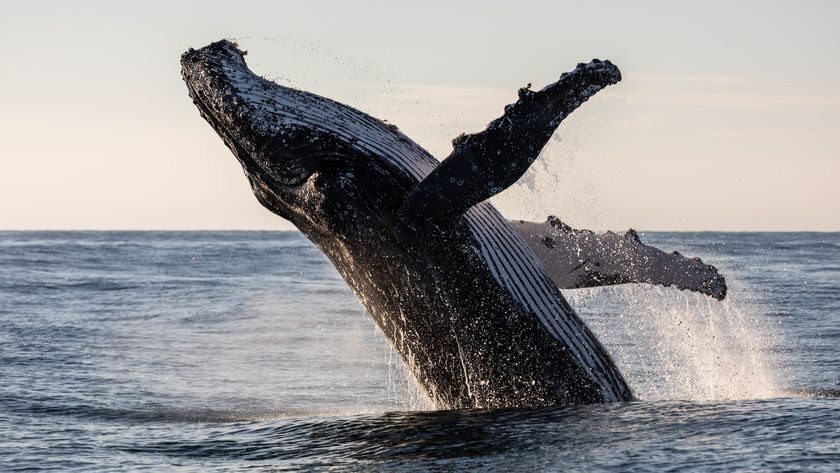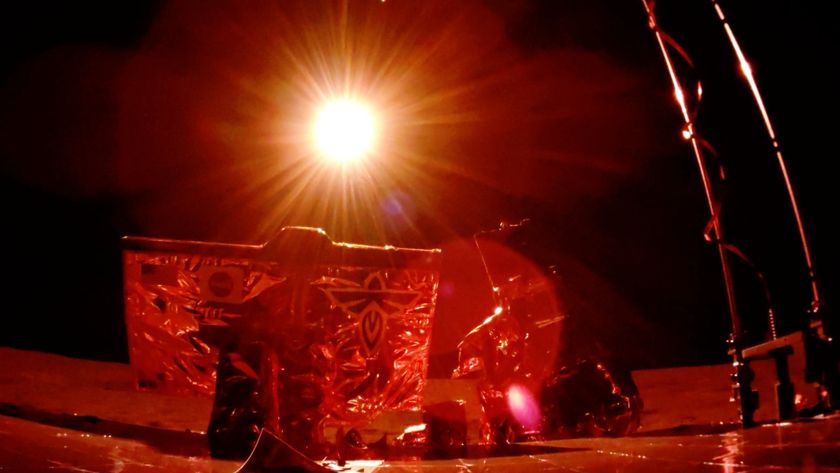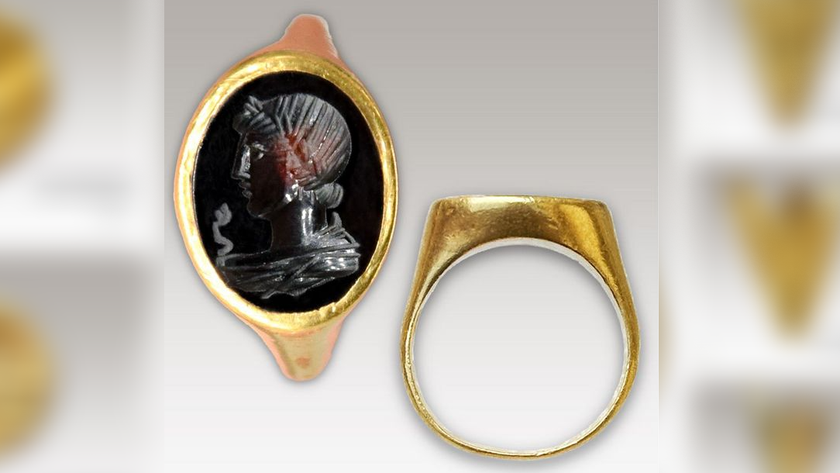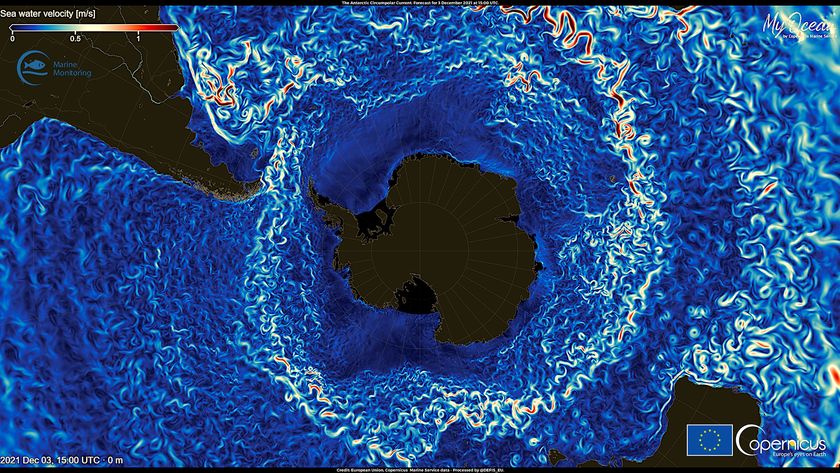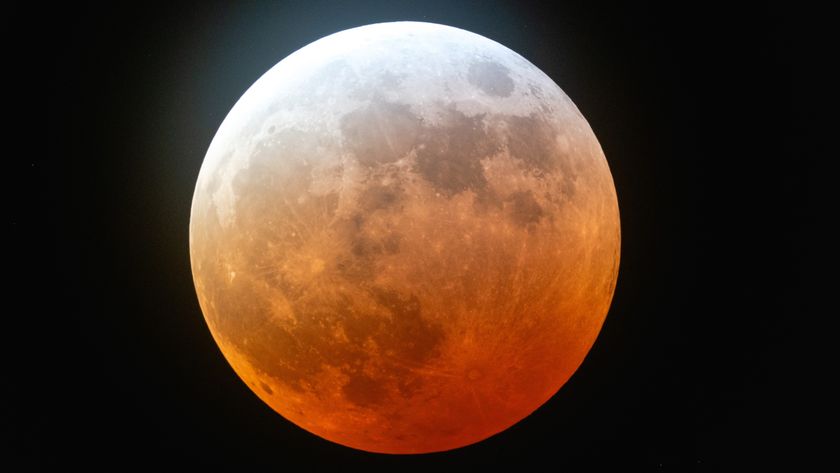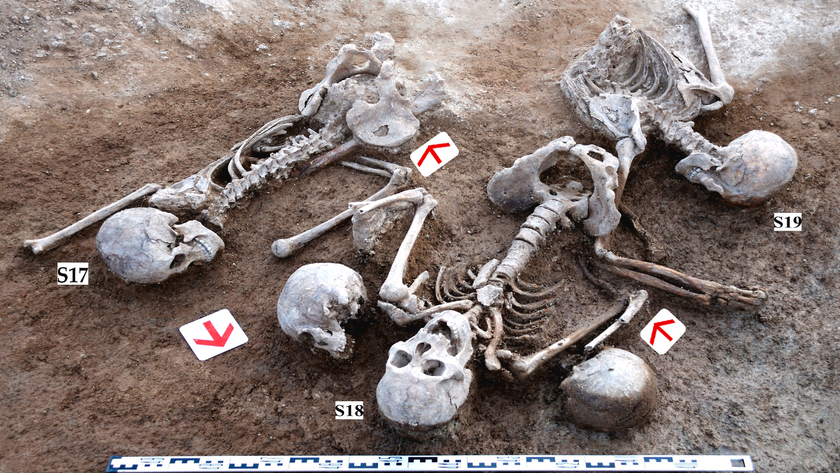Penguins' Oxygen Trick: How They Survive Deep Dives
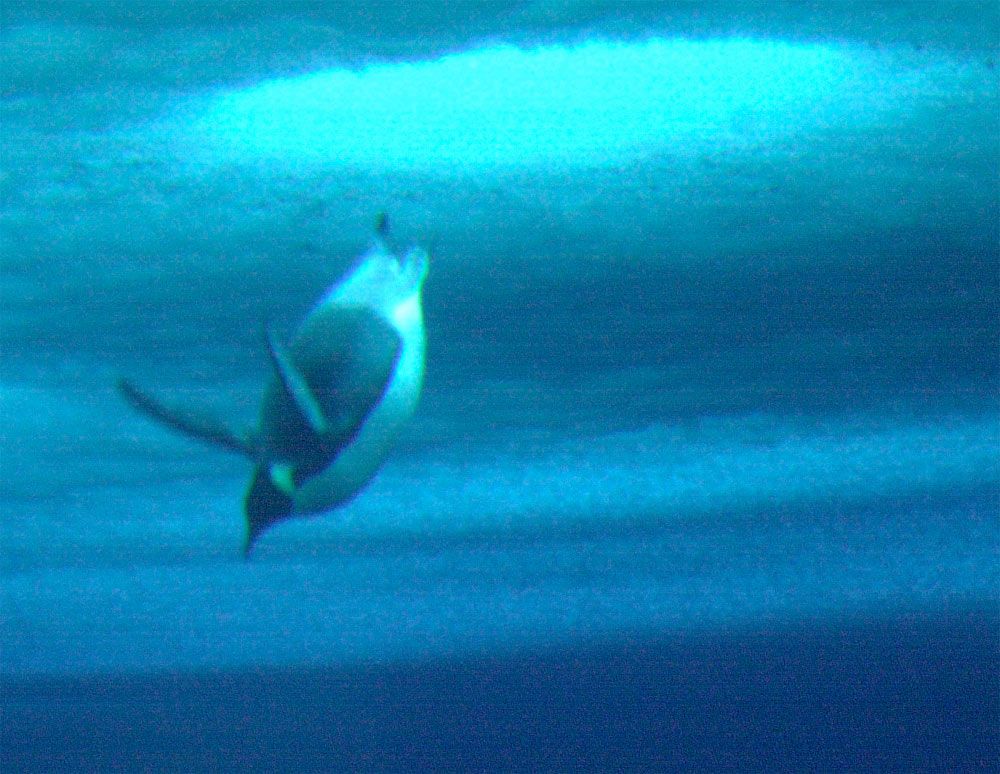
Penguins are the acrobatic athletes of the seas, and they can keep diving for long periods of time because they have exquisite control over how and when their muscles use oxygen, new research indicates.
The penguins can switch between two modes of oxygen use — either starving their muscles or giving them an extra shot of oxygen to keep them working — to achieve their amazing dives.
"It appears that there's a little bit of plasticity or variability in what they do when they are diving," said study researcher Cassondra Williams of the University of California in San Diego. "It's much more complicated than we thought." [Infographic: The Ocean's Deepest Divers]
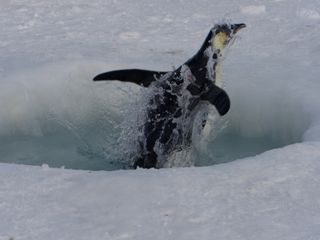
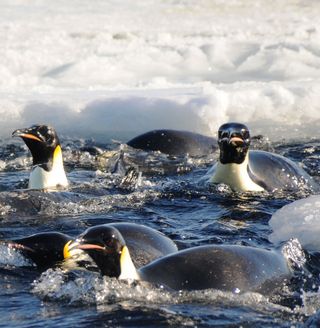
To figure out how penguins survive deep dives on a single breath of air, the researchers designed special probes to monitor the levels of oxygen in the penguins' muscles during their dives off McMurdo Sound, Antarctica. The results are based on three emperor penguins and 50 dives, which ranged from 23 to 210 feet (7 to 64 meters) in depth, which lasted from 2.3 to 11.4 minutes.
"They have two different patterns they can opt for while they are diving," Williams told LiveScience. "In one, they appear to cut off blood flow completely to the muscle, leaving it to rely on its own supplies, which leaves the blood oxygen for the rest of the body, like the brain and the heart."
In other dives, the researchers saw a plateau after the initial oxygen drop. They believe that the penguin is selectively sending extra oxygen from the blood into the muscles, so they don't get tired. They can only do this for a limited time, though, until blood oxygen levels become too low for the rest of the body. Eventually the penguins need to come up for air.
Cutting off the oxygen supply to the muscles forces them to start making energy using "anaerobic" respiration, which is done without oxygen. It has a downfall, though; it produces a byproduct called lactic acid that can be toxic in high doses.
Sign up for the Live Science daily newsletter now
Get the world’s most fascinating discoveries delivered straight to your inbox.
If the penguins let the lactic acid accumulate in their muscles, it takes longer to recuperate after a long dive, the researchers believe. This may be why on some dives the penguins send extra oxygen. For example, an extra oxygen shot might be beneficial if the penguins are taking
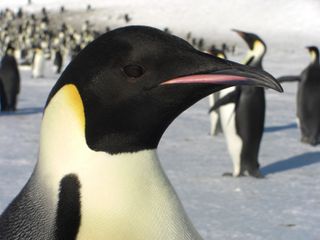
several dives during a short stint to, say, chase down a school of fish and don't want to lose the feeding opportunity while they spend additional time on the ice recuperating.
"They don't want to hit their aerobic limit and accumulate lactic acid, but it's not clear how or why they do that," Williams said.
The study was published May 12 in the Journal of Experimental Biology.
You can follow LiveScience staff writer Jennifer Welsh on Twitter @microbelover. Follow LiveScience for the latest in science news and discoveries on Twitter @livescience and on Facebook.
Jennifer Welsh is a Connecticut-based science writer and editor and a regular contributor to Live Science. She also has several years of bench work in cancer research and anti-viral drug discovery under her belt. She has previously written for Science News, VerywellHealth, The Scientist, Discover Magazine, WIRED Science, and Business Insider.

